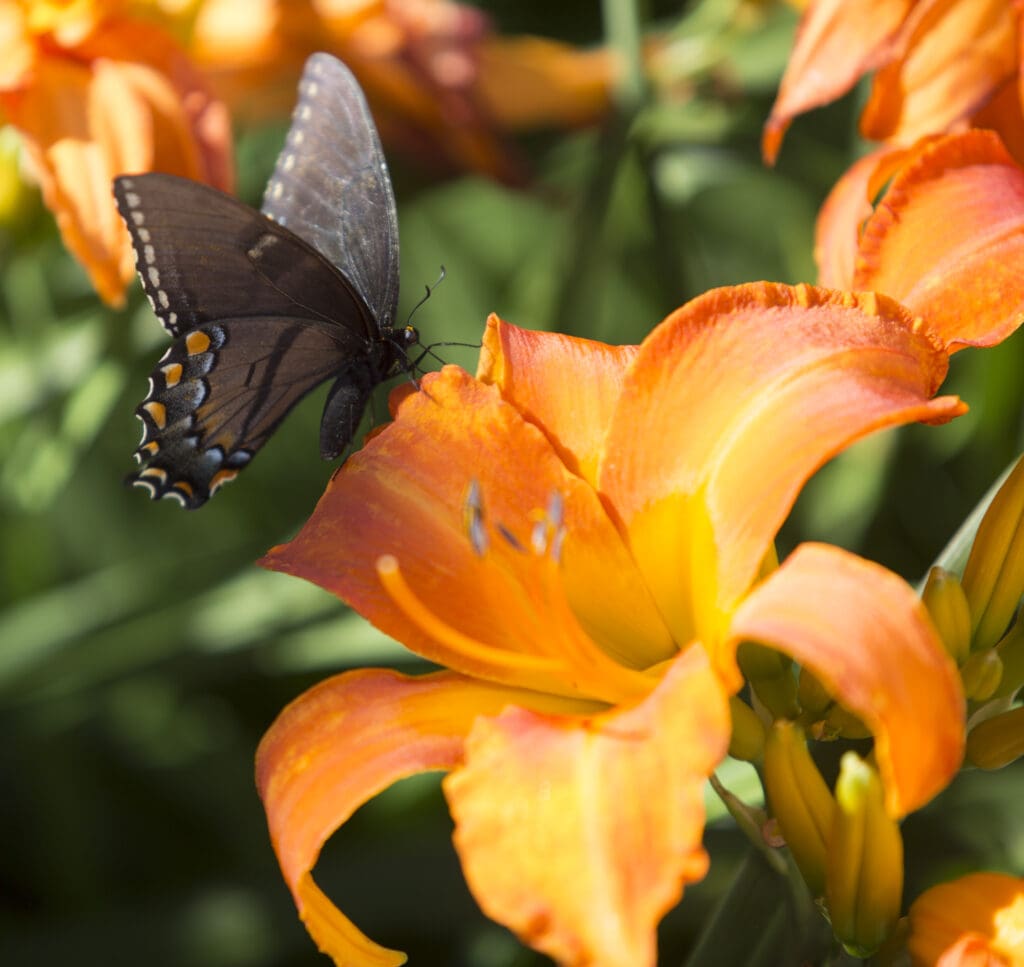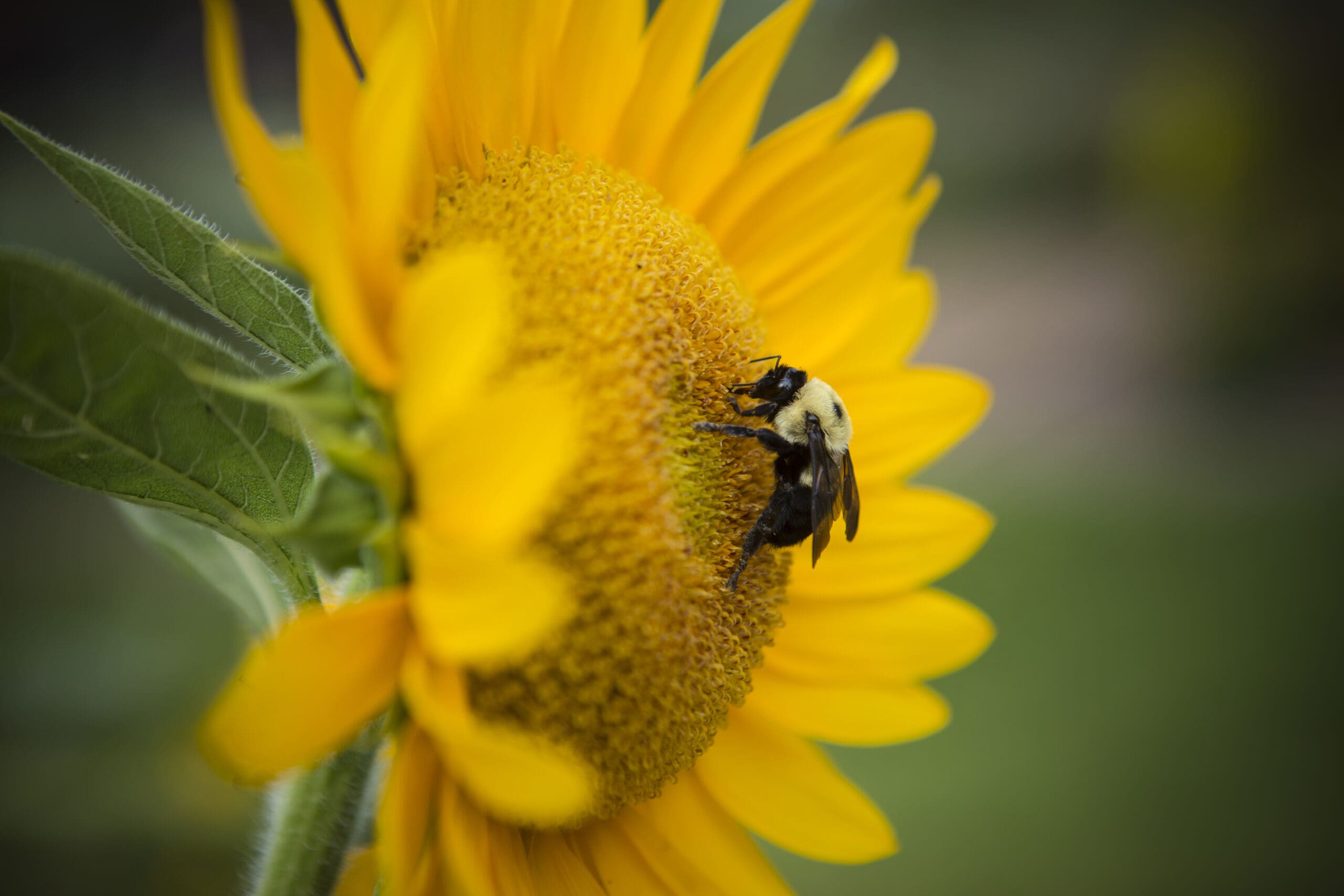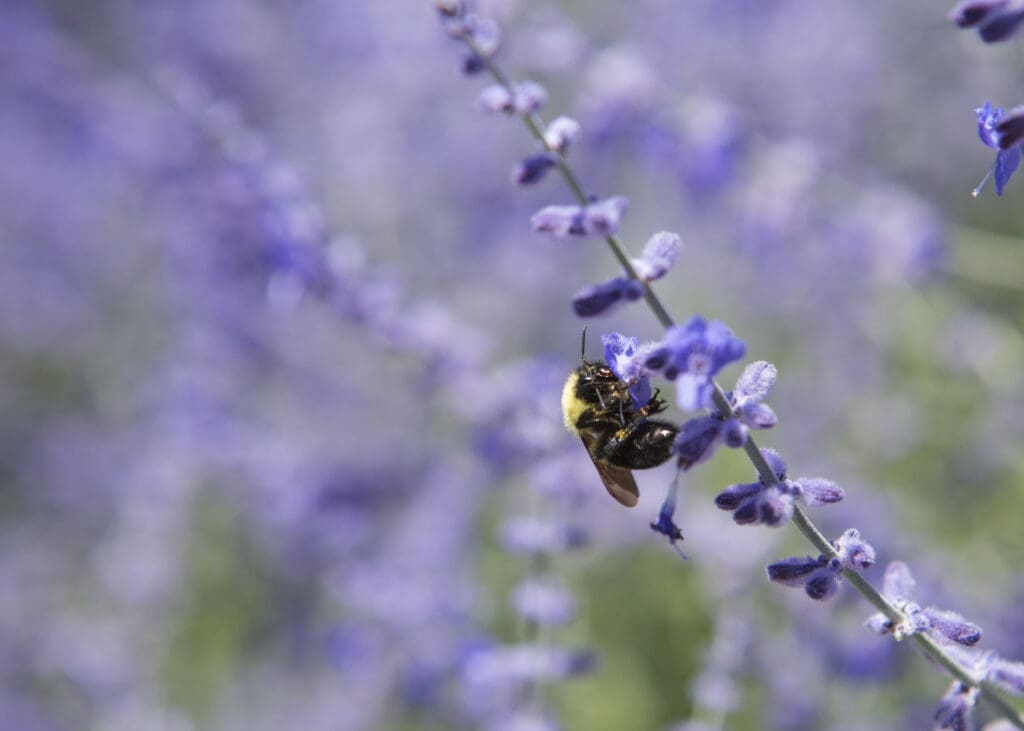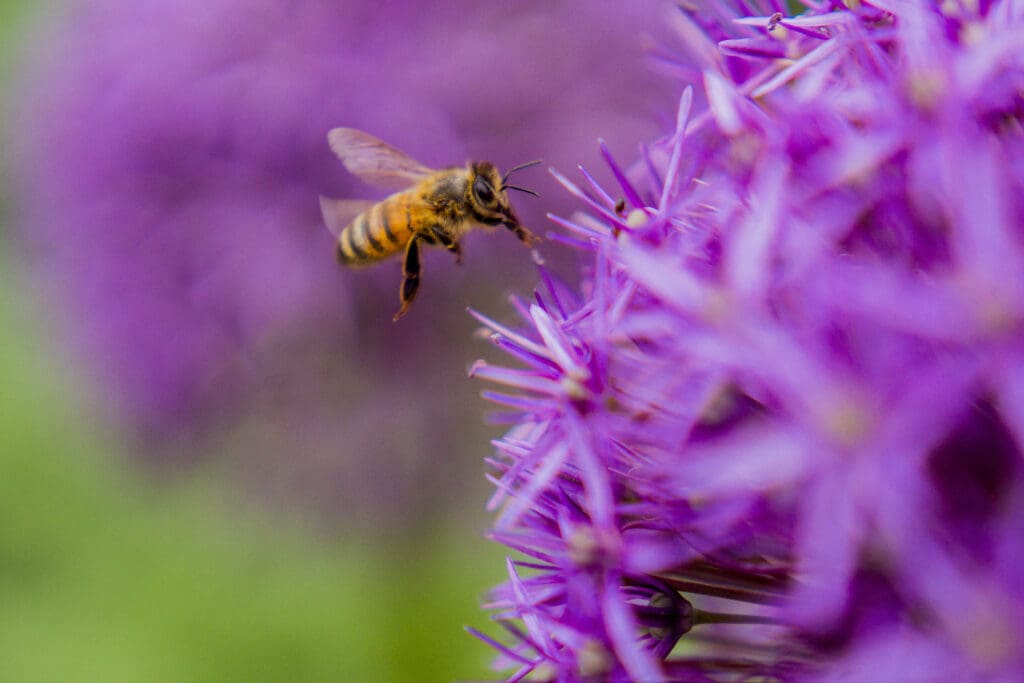Many home gardeners and those in the agriculture industry know we have a pollinator problem on our hands. Hummingbirds, butterflies, and bumblebees are beautiful additions to the garden — animating space and bringing additional life and color. But did you know that they are also incredibly useful? We need pollinators to enjoy some of our favorite fruits, vegetables, and flowers.

Some of the main threats to pollinators include habitat loss, pollution, the introduction of non-native species, and climate change. While we may not be able to address all of these, activities like beekeeping, planting native species, and increasing habitat can provide relief to these helpful garden assistants.
Not all of us have time to start keeping honey bees, but it’s fairly easy to create little pollinator gardens full of native wildflowers to give them a place to land. Pollinators are creatures of habit, and though their natural habitat may be overtaken by construction sites or development, they will stay in the same areas and won’t travel very far to find food or shelter. That’s why it’s important to have patches of wildflowers and comfortable areas for them to live and work.
In an effort to help these vital gardening assistants, I have placed a focus on more pollinator-friendly plants at my home on Moss Mountain Farm. Many of these plants are beautiful perennials well known as vital sources of habitat and food for pollinators. As you consider perennial inclusions to your garden this season, I have created the following guide to help ensure that your efforts are successful.
- Sedum ‘Strawberry Milkshake’
- Salvia ‘Back to the Fuchsia’
- Coneflower ‘Cheyenne Spirit’
- Butterfly Bush ‘Hot Raspberry Buzz’
- Ornamental Onion ‘Millenium’
- Lavender ‘Sweet Romance’
- Goldenrod ‘Golden Fleece’
- Hyssop ‘Kudos Coral’
- Daisy ‘Spoonful of Sugar’
- Aster ‘Moench’
When speaking of success in the garden, I cannot emphasize the importance of good soil preparation enough. It is absolutely essential and no place to cut corners when gardening for pollinators, or any gardening activity. “The main thing we grow at Moss Mountain Farm is soil,” as I like to say.
Best organic practices in soil preparation are those that encourage microbial activity within the soil. Enriched soil like this will always grow the most robust and healthy plants. When in doubt, add more compost!
I hope you’ll visit Moss Mountain Farm to stop and smell the flowers, and maybe even glimpse a few bees and butterflies at work or play. If you’d like to find out more about planting pollinator-friendly gardens in your backyard, check out the video below.



